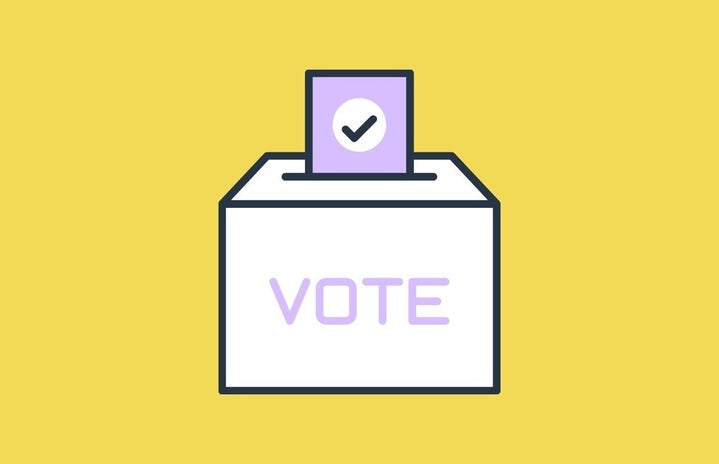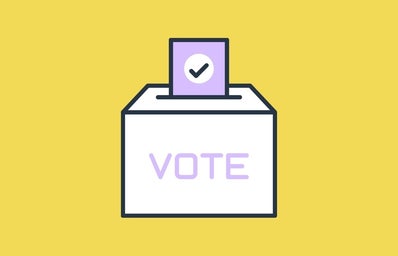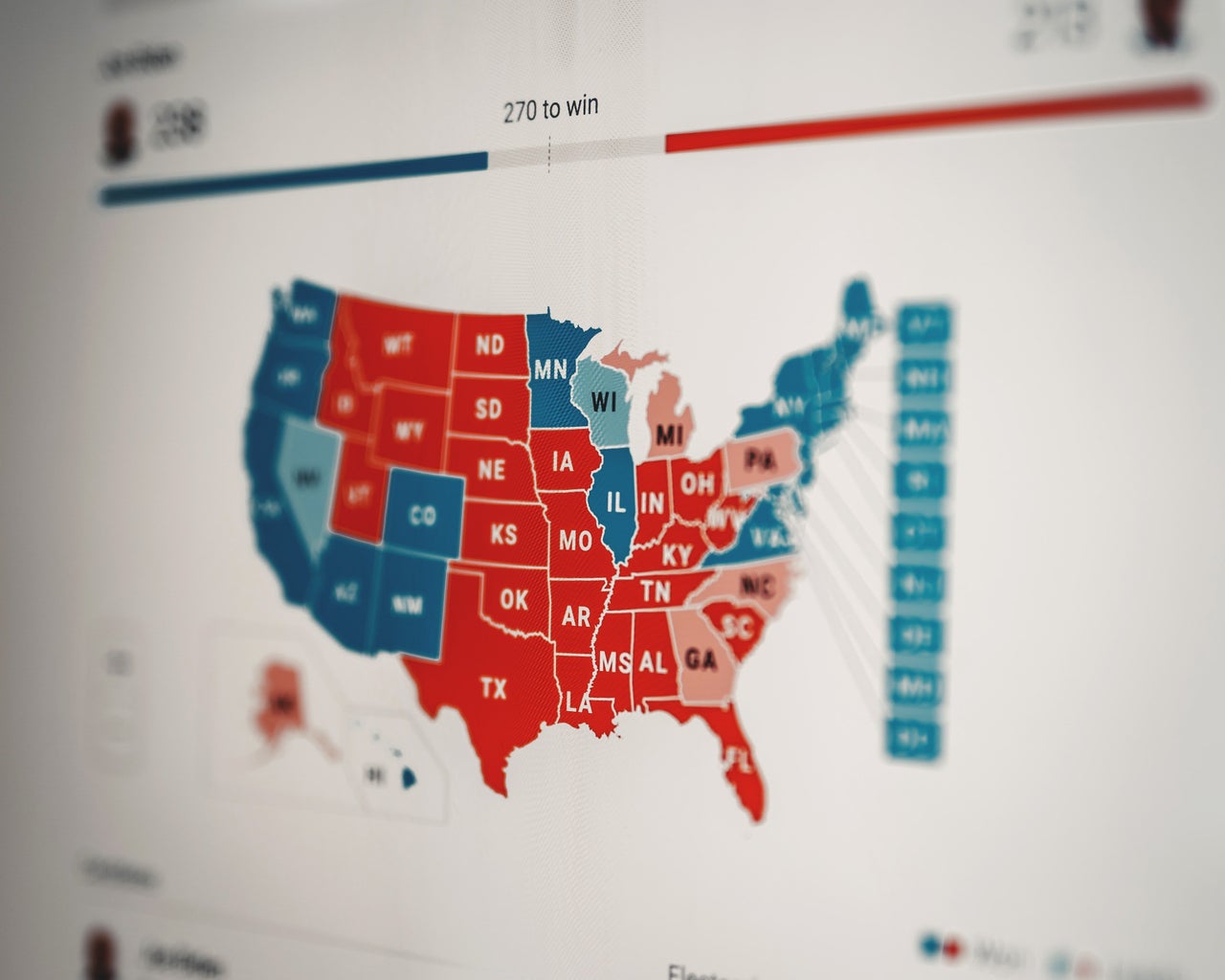Single-issue voters are greatly influential in American politics, as they shape elections and policy debates, as well as contribute heavily towards political polarization.
To offer a more concrete definition, a single-issue voter is an individual who only considers one pressing concern when casting their ballot.
For example, abortion tends to be a make-or-break issue for voters. However, only considering one issue when filling out your ballot can lead to a misinformed vote. Overall, single-issue voters instrumentally affect the American political system and ultimately impact our democracy.
Principally, it is important to realize that you are not just picking a candidate, but rather their platform and most significantly their policies. Shouldn’t we look into what a candidate is fighting for as a whole, as opposed to one issue?
Despite this logic, the trend of single-issue voting has grown in the last few decades. For instance, Democrats have endorsed Vice President Kamala Harris, as the only candidate who can defeat Donald Trump. More precisely, the Democrat’s single-issue determinant is to keep Trump out of office.
Similarly, Republicans follow the same pattern when it comes to divisive issues like abortion. According to the Pew Research Center, “about a third of Trump supporters (35%) now say abortion is very important to their vote.”
Consequently, when one issue dominates an election cycle, the candidates either take a more moderate stance or become increasingly extreme to appeal to special interest groups. These issues further widen the partisan gap and affect the political litmus test.
To provide more context, a litmus test in politics is a question about a certain pressing issue, where the answer can greatly determine whether the candidate is appointed or nominated by the official. Although litmus tests are often used to appoint judges, they play a role in presidential elections.
To illustrate, if there is strong enough voter support for a specific issue, it will be treated as a potential litmus test, which can decide whether a candidate receives their political party’s nomination for president.
Generally, single-issue voting enables political parties to back one singular policy or piece of legislation and through this strategy, they can mobilize voters.
On the one hand, it is imperative to recognize the issues that many voters are passionate about and to cast your ballot for someone who aligns with your values. However, limiting ourselves to just a few key issues every election means that other problems become overlooked.
Looking ahead to the 2024 presidential election, young voters must do their due diligence and understand the consequences of just voting for a candidate based on one issue. An educated vote is vital for sustaining our democracy.
It goes without saying that some issues are more pivotal than others, but it is our job as citizens of the United States to be active participants in our democracy. This means not being limited to preconceptions and doing our research before voting.
When November comes please vote!
Don’t know where to start? How to Vote.
Can’t get enough of HC UMass Amherst? Be sure to follow us on Instagram, listen to us on Spotify, like us on Facebook, and read our latest Tweets!




